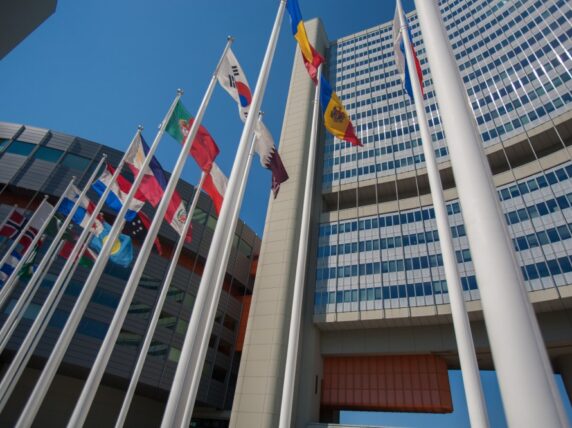Locally-led development: putting plans into action
I sometimes get the sense that, as a sector, we are constantly reworking the challenges we face and not acting on what we discover.
Understanding the problem is an important part of creating change. But there are also moments when you want things to move more quickly, to see real action and transformation in response to need.
In our new report “catalysing locally led development in the UK aid sector” we share how we have done both these things – worked hard to understand what is stopping us adopt more community and locally led development and started to identify what we can do practically to accelerate progress.
It has left me excited about the potential for real, palpable change, and the ability of us as a sector to make our contribution to decolonising and decentralising the aid system, whilst sharpening our focus on global justice and solidarity.
We brought together a small group of volunteer members and invited advisers to learn together and identify collective action that will move the UK development sector beyond rhetoric, inspiring NGOs into being a part of a more equitable development system.
This is a large upheaval of current practices, so we have taken a systems-based approach – starting with a diagnosis that allowed us to dig deep into the current situation and why it is the way it is.
Key issues like power dynamics, structural racism, clogged organisational structures and a lack of understanding of local capacity came to the fore in our systems map. From there we landed on three major barriers that UK INGOs should and can address that will help accelerate the shifting of power and resources to communities in the countries where they work:
- Governance structures and organisational models
- UK donors policies and practices
- Lack of trust in alternative and emerging models of development
Subscribe to our newsletter
Our weekly email newsletter, Network News, is an indispensable weekly digest of the latest updates on funding, jobs, resources, news and learning opportunities in the international development sector.
Get Network NewsAddressing these barriers through goals for the sector, sharing practical ways forward and working with donors to develop new approaches are really practical things that UK NGOs can adopt. Focusing on where we have resources and influence is central to the contribution that we can make in our areas of work.
But these actions will only shift systems if they work alongside changes elsewhere. We still need to dig deeper into what a decolonised and decentralised aid system looks like, being guided by local actors, tackling the racism that people experience in their own organisations and acknowledging the colonial roots of our sector and other embedded problems that we are trying to solve.
Using strong processes to find levers for change, and to keep exploring our assumptions is going to be a critical part of our reality as a sector in the next few years. Our approach to moving from discussion to action collectively is crucial. I am both impatient and excited about working with our members and allies to support the changes that we set out in the report, as we aim to dig deeper in order to get to the wider transformation we want to see happen.
Read the report “catalysing locally led development in the UK aid sector” now.
Category
News & views


